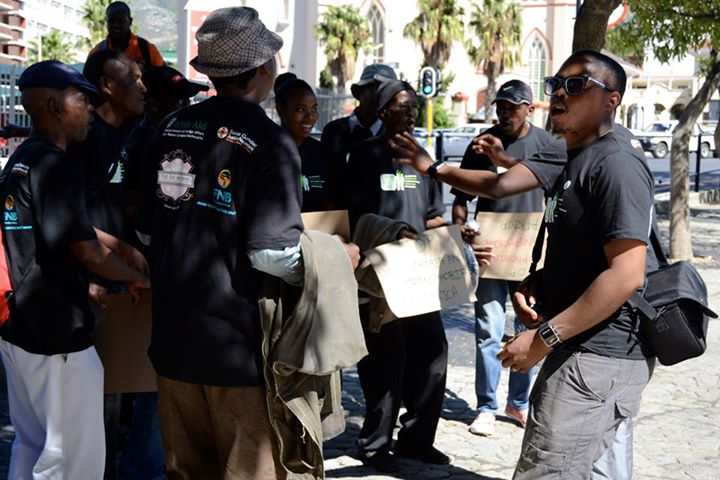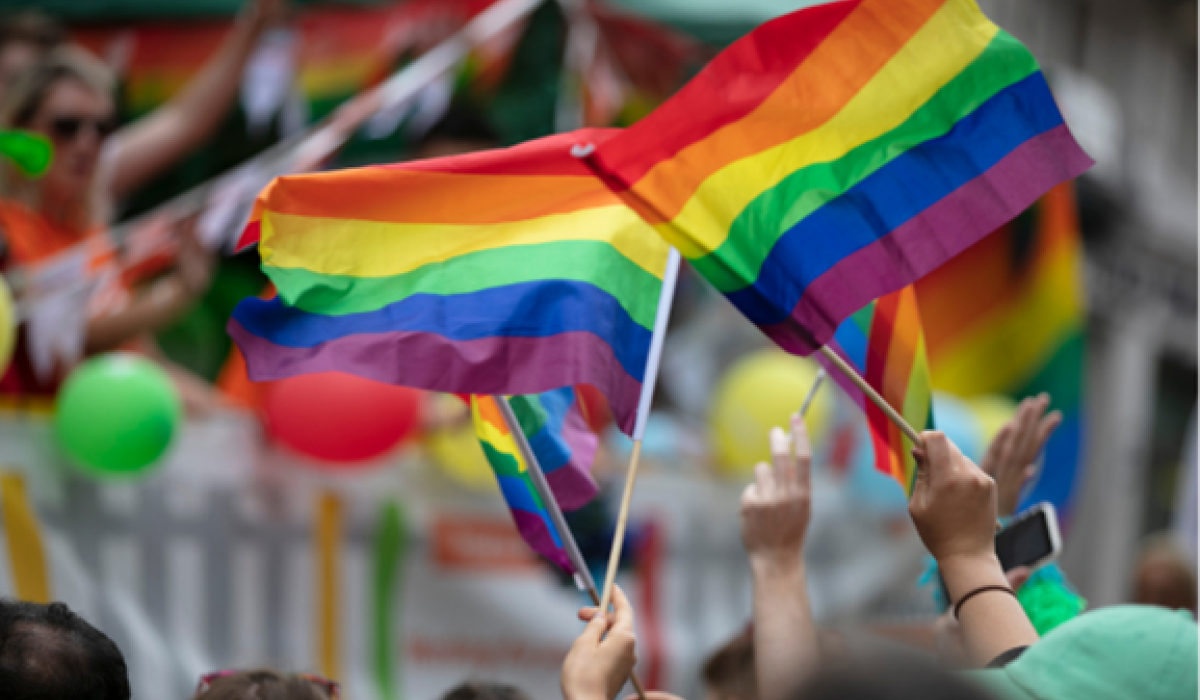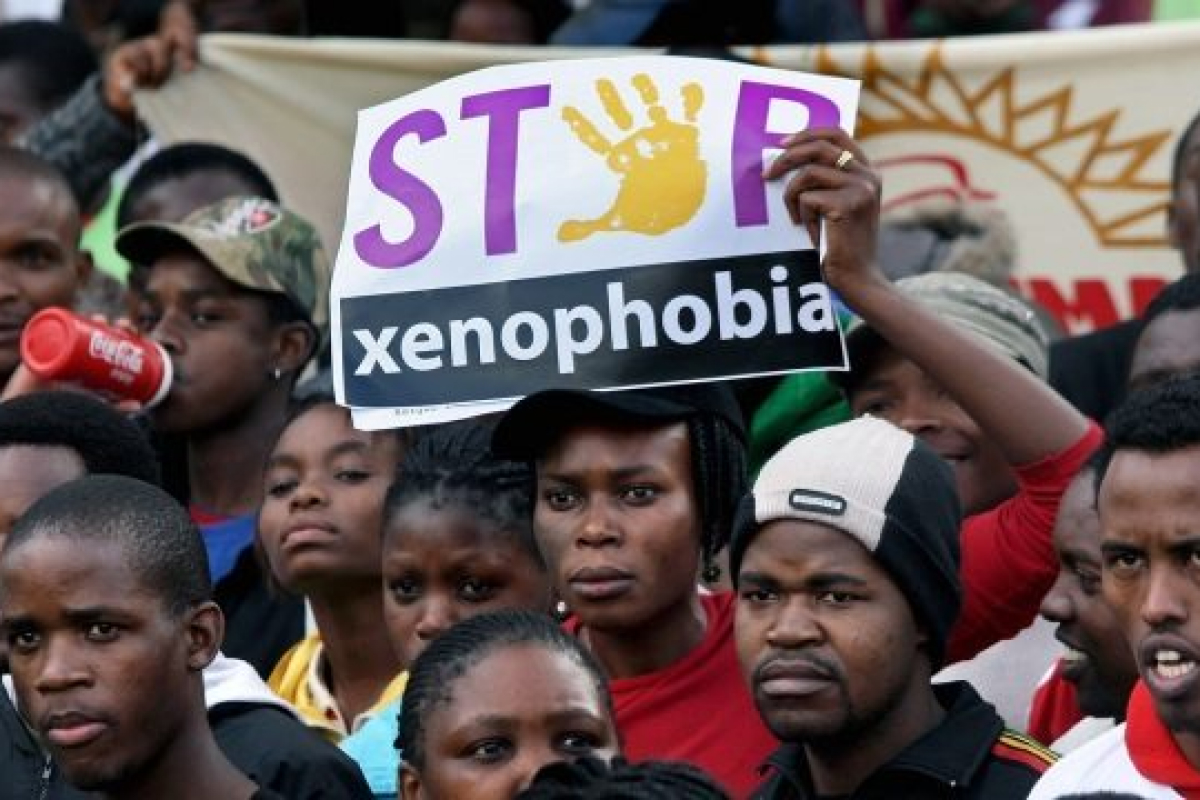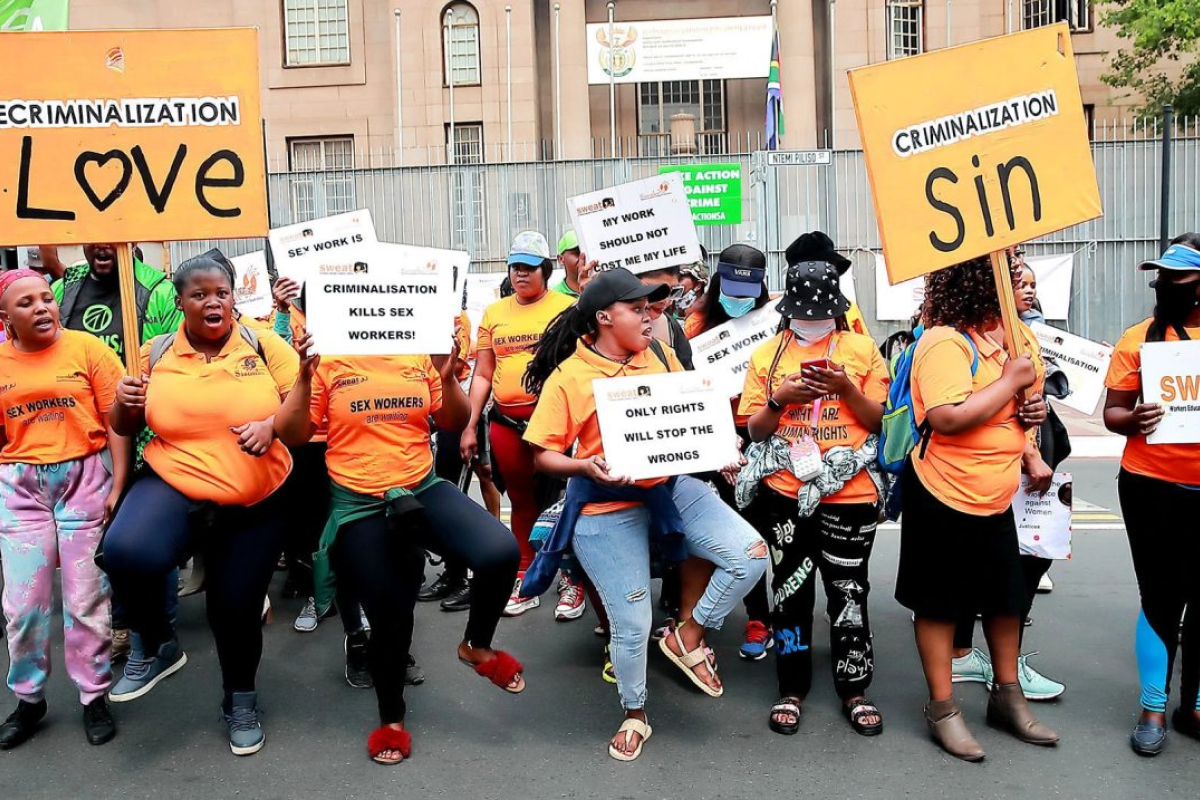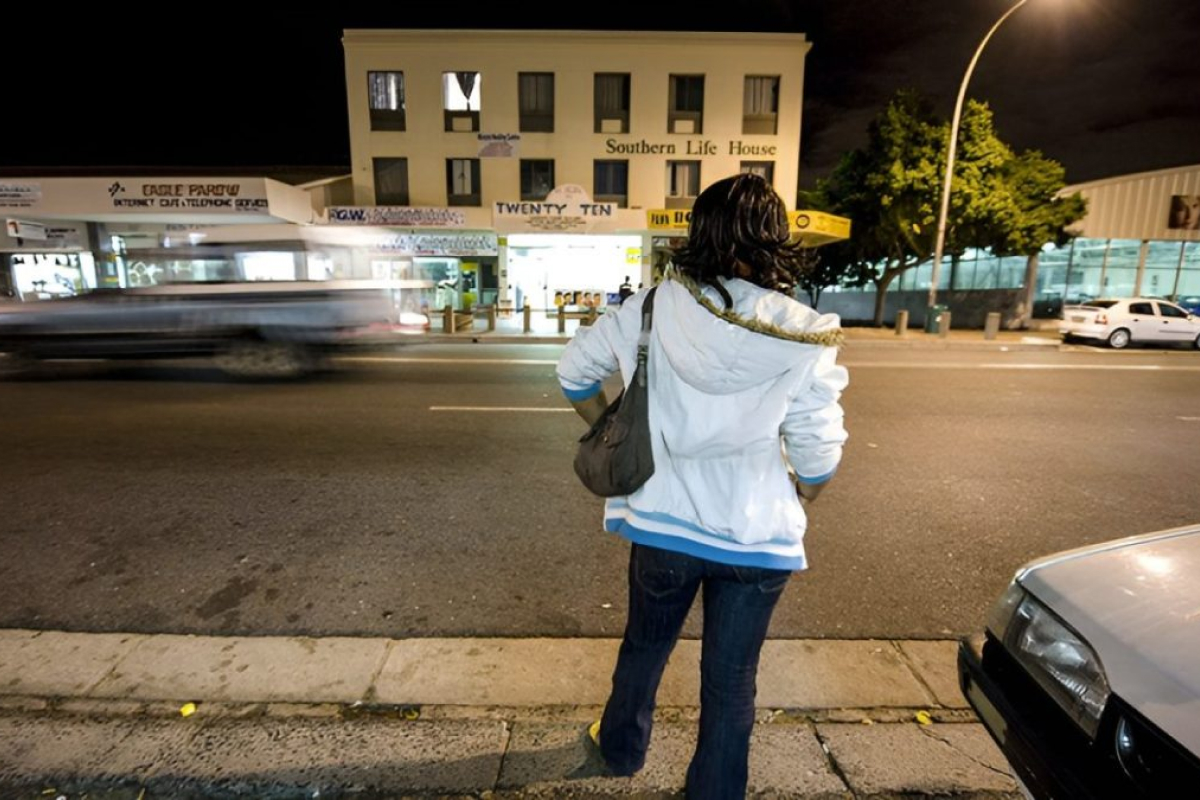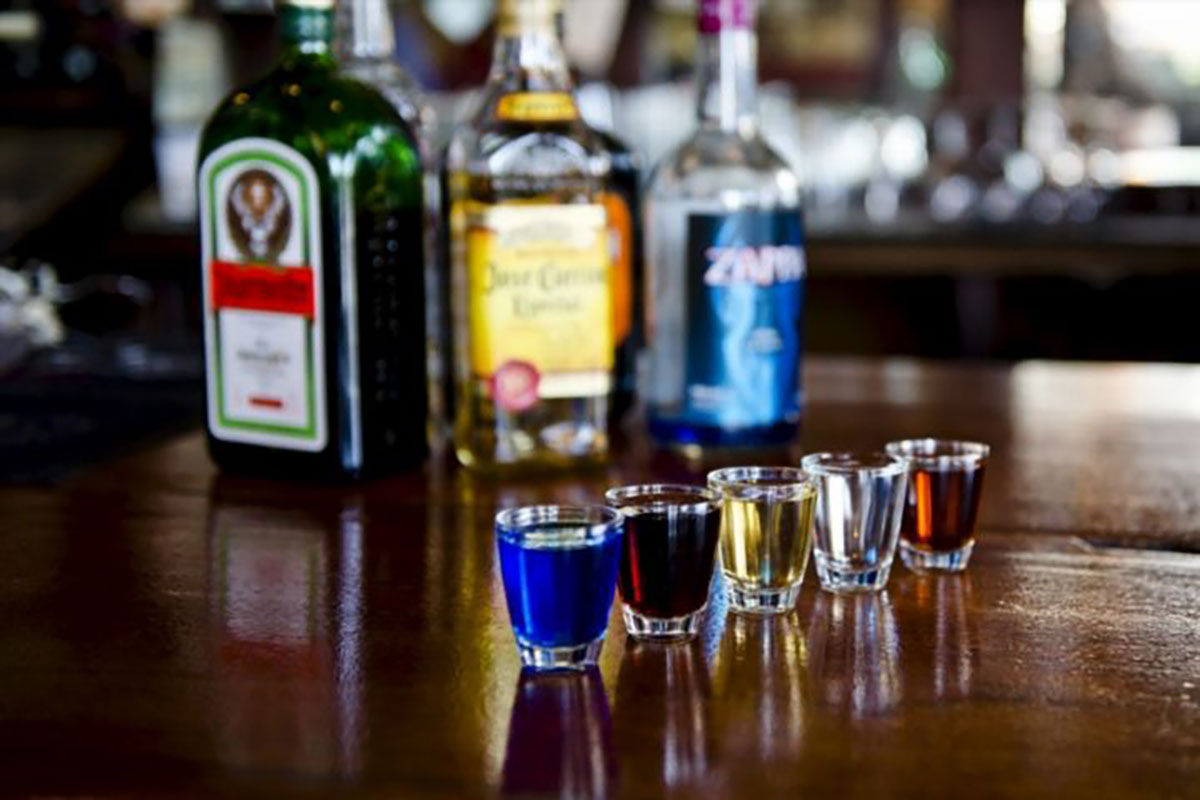There is slow, indirect violence that is killing South African inmates in droves. Last year alone, 652 inmates died in what were categorised as “natural deaths” by the Judicial Inspectorate for Correctional Services. Most of these deaths were likely related to Tuberculosis and HIV and AIDS. A recent case where HIV positive inmates defaulted on treatment in Boksburg Correctional Centre reveals some of the challenges and failures of healthcare delivery in the prison system. In this David and Goliath battle, a small HIV support group faces the machinery of the Department of Correctional Services.
Last year, in my role as Sonke Gender Justice’s Policy and Development Advocacy Specialist managing prisons programmes, I received a complaint from inmates who were members of an HIV support group in Boksburg Correctional Centre. The first communication came from the chairperson of this group, Themba*. Though HIV-negative, he was seeking urgent help for his HIV-positive fellow inmates whose access to antiretroviral medicines had been interrupted throughout the year, putting them at risk of defaulting on treatment. When we spoke, Themba said: “People have gone for two weeks without treatment, and it seems like as a support group we just watch and do nothing about it (sic)”.
Two weeks may sound brief, and indeed, this is not an issue of wholesale denial of treatment. In fact, according to its current annual report, the Department of Correctional Services (DCS) has greatly improved on testing and initiating HIV treatment for inmates. The problem is that HIV treatment is inconsistent, e.g. a few weeks on, a few weeks off. But even these brief interruptions can put patients at risk of defaulting. And defaulting off HIV treatment has potentially fatal side effects for patients as it leads to drug resistance, which in turn can lead to illness and death. Inmates must be tested for resistance, and if resistance has developed, a second-line drug cocktail must be prescribed that is very costly for the government and harsh on the patient’s body.
Support groups have long been part of the successful model for treatment, offering HIV positive people psychological support and helping members access their constitutional right to health. Groups can band together to insist on treatment when it is denied, and share information with each other about prevention and treatment. The benefits of a support group are multiplied in prisons, where even basic medical care is often difficult to access.
In Boksburg, the inmates’ support group consisted of committed individuals – HIV positive and HIV negative – determined to ensure proper treatment despite the risk of backlash from the DCS. To these inmates, the most important thing is to make sure that no one dies from lack of medical care.
Consider that prisons are hypermasculine and incredibly violent places, where individuals are warehoused and invisible to the public. Inmates’ daily movements are controlled, and many are kept in their cells for up to 23 hours a day, released just long enough to fetch their food. There are gangs, sexual violence, and corruption, all of which the DCS fails to adequately control because its ranks are stretched thin and are insufficiently trained to handle these issues.
Almost no public sympathy exists for these despised inmates. We forget that inmates carry the lingering effects of these abuses back to our communities when they are released. No wonder prison officials got away with torturing inmates in Mangaung for so long. How much easier it must be to let some HIV positive inmates miss treatments.
The inmates’ support group at the Boksburg Correctional Centre stood up to the goliath DCS, and did so remarkably. Their internal complaints resulted in nothing except an official reply saying that the inmates were lying; and that after the Judicial Inspectorate, which is the prisons’ watchdog body, apathetically failed to even verify the complaints. We assisted the support group in securing legal representation, leading to a stand-off with DCS. One day before filing papers in court, the inmates were given a full month’s supply of medication.
Subsequent negotiations between Sonke Gender Justice, SECTION27 and DCS came to an impasse. The systems that caused the periodic defaulting remain unidentified and unchanged. DCS doggedly focused on protocol and on trying to uncover how Sonke and SECTION27 came to learn of the complaint, instead of actually examining how to address and ensure access to medicines. In focusing on identifying the whistleblowers, DCS honed in on the support group, asserted that the members were criminals not to be trusted, and called them an “ilicit pressure group.”
Today, DCS has disbanded the support group, a counterproductive maneauver in line with its strategy to deny and avoid the problem. The inmates no longer benefit from the solidarity and encouragement of the support group. At least the inmates continue to receive their medicines – “a thin silver lining in this frustrating ordeal” – and a fragile and vulnerable lining at that. If their treatment again gets interrupted, there is no support group to speak out.
Since this case in Boksburg, I received complaints from inmates elsewhere. It was not surprising to receive them. After all, HIV prevalence rates remain critically high – “approximately a quarter of South Africa’s inmate population was HIV positive as of March 2013, according to reports. I just hope that there are support groups in these others centres, and that they have the same conviction to confront the risk and accusations to ensure their rights and access to treatment. DCS should also be reminded of South Africa’s Constitution, which states that “everyone who is detained including every sentenced prisoner has the right to conditions of detention that are consistent with human dignity, including…adequate medical treatment.”

